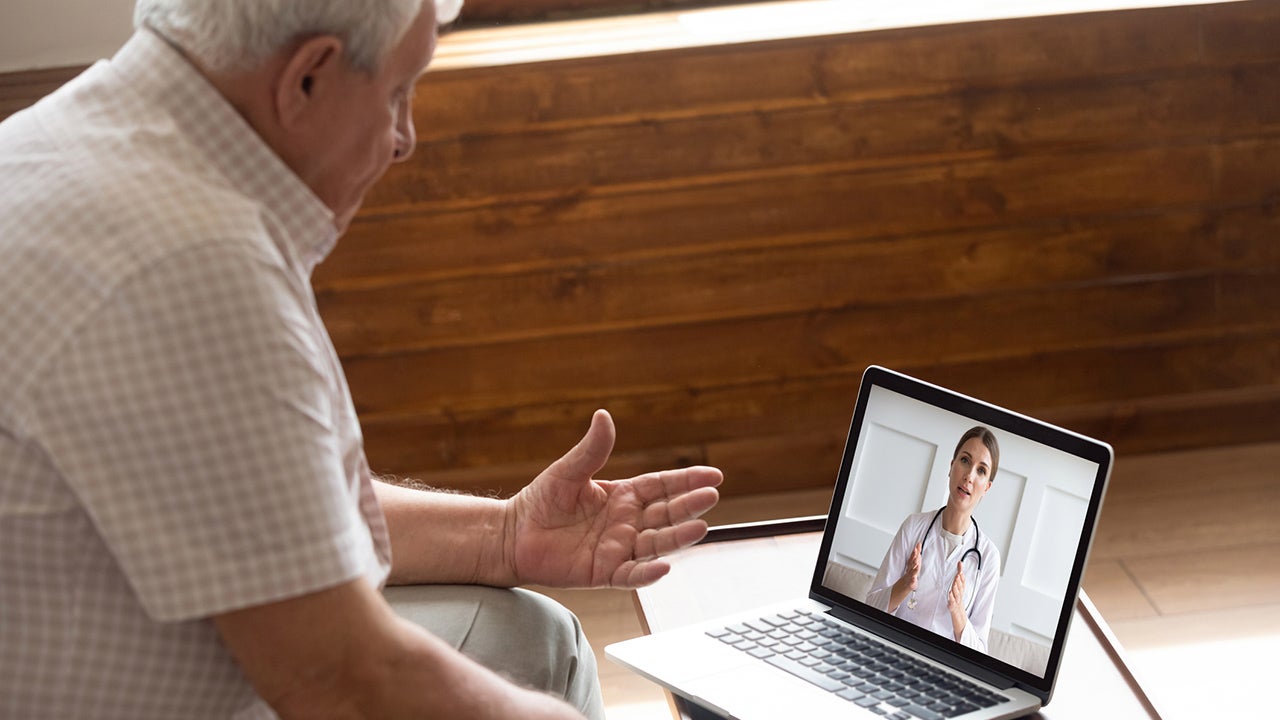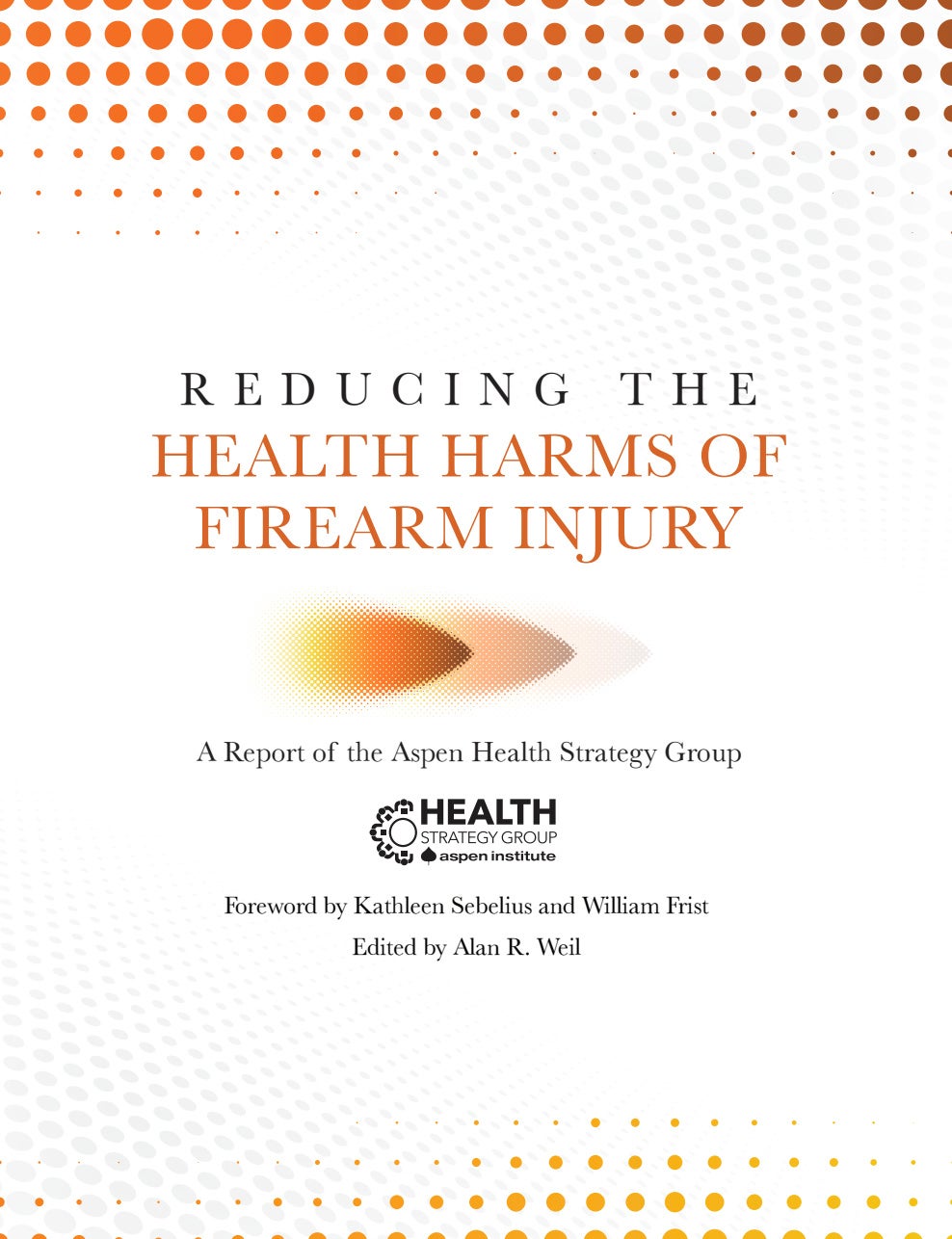As news of a novel coronavirus outbreak emerged in January, I realized that it was only a matter of time before COVID-19 became a global crisis. Having led health care teams through previous emergencies, I knew firsthand how challenging this would be, and I was anxious to support the work that needed to be done.
I was the Chief Medical Officer for Louisiana’s Medicaid program when the Great Flood hit the state in 2016. Lives depended on the success of my team. Our skeleton crew worked around-the-clock to ensure that patients who were pregnant, young, disabled, and/or low-income could access prescription medications lost in the flood, find replacements for damaged wheelchairs and ventilators, and receive vital tetanus shots and mold precautions—all while working to improve quality and outcomes in the day-to-day operations of a $10.7 billion health care system serving 1.6 million vulnerable patients.
Through my various leadership roles in emergencies—including the Great Flood, the opioid epidemic, the Zika outbreak, and Hurricane Harvey—I experienced the reality that, during a crisis, leaders don’t have the luxury of time to fully research, develop, and implement responses. Yet, when lives depend on our success, trial and error is not an option. Leading during a crisis is like leading in the fog of war.
When I came to the Aspen Institute in 2019 as a Health Innovators Fellow, I met 20 other industry-spanning health care leaders with varying home bases and experiences. Spending nearly a week together at our first of four seminars, we examined Dr. Martin Luther King, Jr.’s “Letter From Birmingham Jail,” Mahatma Gandhi’s Salt March, and Jean Monnet’s role in the creation of the European Union. We discussed what it means to be a leader, sharing both the challenges we faced as well as the problems we were passionate about solving.
Then it clicked. What was missing during my time leading through crises were rapid, accessible tools that would help me properly prepare and respond.
So I decided to make them.
For the past six months, I’ve been working to create leadership toolkits for a series of health care crises, including natural disasters, infectious pandemics, and upsurges in medical errors that will enable leaders to:
- rapidly assess an organization’s preparedness,
- identify the organization’s areas of weakness, and
- strategically target resources for their greatest impact.
I knew that I could adapt this work to help organizations rapidly assess their COVID-19 preparedness and lift some of the fog that I had experienced in past emergencies.
Through the Health Innovators Fellowship and Aspen Global Leadership Network communities, I spoke with senior executives at a national telecommunications media conglomerate, an international utility company, a nonprofit, and a venture capital firm, as well as a city councilman. Many mentioned “panic,” “worry,” and “needing a plan”—all normal things to hear in the fog of war. The way to navigate through that fog is to have a clear strategy, but a successful strategy can’t be crafted until you know what areas are important to address and where your weaknesses lie.
Taking into account the concerns I was hearing, I reviewed the technical experts’ resources and guidelines and developed a COVID-19 toolkit, tailoring one version for businesses and another version for health care systems.
The COVID-19 Preparedness Assessment Tool can be applied across an entire organization, from frontline supervisors to senior executives. It is online, can be completed within minutes with mostly yes/no answers, can be deployed rapidly across a community, and is based on CDC guidelines for COVID-19 preparedness. The tool is free, and users get immediate feedback.
During a crisis, just like during battle, leaders must be able to slice through the fog of misinformation and rapidly get to the heart of the matter. My Aspen Health Innovators Fellowship experience equipped me to develop the tools to help others succeed, and I look forward to building more of them as my work continues.
SreyRam Kuy, MD, is a surgeon and healthcare executive passionate about improving health systems. SreyRam’s work has spanned from operating on gallbladders and colon cancers as a general surgeon to serving as Chief Medical Officer for Louisiana Medicaid and Deputy Under Secretary for Health for Community Care for the US Department of Veterans Affairs. SreyRam is a Fellow of the fifth class of the Health Innovators Fellowship and a member of the Aspen Global Leadership Network. Follow SreyRam on Twitter @SreyRam and LinkedIn.


